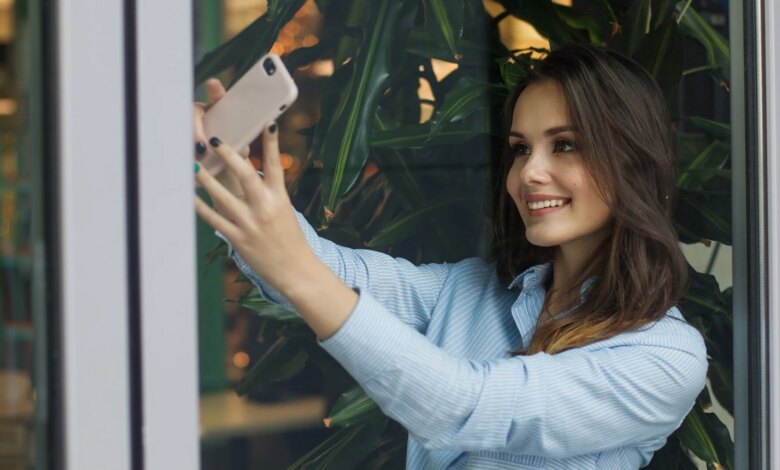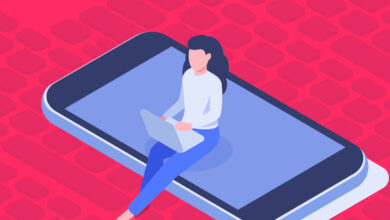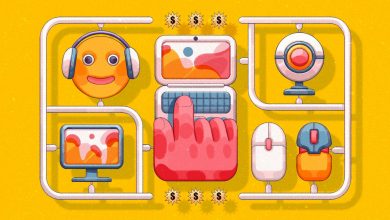Mobile phone selfies can distort facial structure, driving demand for plastic surgery: Study

Researchers have found that cell phone selfies can distort facial features, which may increase the need for plastic surgery.
Researchers have found that cell phone selfies can distort facial features, which may increase the need for plastic surgery. The findings were reported in the journal, ‘Plastic & Reconstructive Surgery’.
The results highlight an unintended consequence of social media and the need for plastic surgeons to discuss this phenomenon with their patients.
Study leader Bardia Amirlak, MD, Associate Professor of Plastic Surgery at UT Southwestern.
Amirlak explains that patients are increasingly using the photos they take with the smartphone camera to discuss their goals with their plastic surgeon. There is a documented relationship between an increase in selfies and an increase in requests for rhinoplasty – or surgery to change the appearance of the nose – especially in younger patients, he added. .
However, because the camera can distort the image, especially when the photo is taken at close range,.
To investigate how selfies can change appearance, Dr Amirlak and his colleagues worked with 30 volunteers: 23 women and seven men.
The researchers took three photos of each person – each spaced 12 to 18 inches apart using a cell phone to simulate selfies taken with a bent or straight arm, and a third photo. from 5 feet with digital single-lens reflex cameras, commonly used in plastic surgery clinics. The three images were taken in the same location under standard lighting conditions.
The selfies show significant distortion. On average, the nose was 6.4% longer on the 12-inch selfie and 4.3% longer on the 18-inch selfie compared to standard clinical shots.
The length of the chin on the 12-inch selfies was also reduced by 12%, resulting in a significant 17% increase in the nose-to-chin length ratio. Selfies also make the base of the nose appear wider than the width of the face. The participants’ perceptions of these differences were reflected in how they rated the photos when compared side by side.
Carrie McAdams, MD, PhD, Associate Professor of Psychiatry at UT Southwestern and a member of the Peter O’Donnell Jr. Brain Institute, notes that these distorted images can have a lasting impact on the way people feel. Take a selfie looking at them.
“Adolescents and young adults are expected to develop a stable sense of self, a neurodevelopmental process that involves comparing oneself to others. Unfortunately, selfies emphasize stronger physical aspects of self when making those comparisons and is associated with lower self-esteem She says self-esteem, lower mood and body dissatisfaction increase.
She added: “Many changes in our society, including selfies, social media and isolation from COVID-19, have resulted in higher rates of mental health problems in this age group, including depression, anxiety, addiction and eating disorders”.
Since the images were taken with one brand of mobile phone, Dr Amirlak suggested that future research should investigate how common this phenomenon is across different phones.
The study authors conclude: “As the popularity of selfies increases. It is important to understand how they distort facial features and how patients use them to communicate.” .




